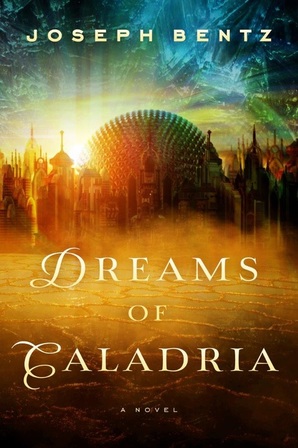 Interview by Brock Eastman Featuring Dreams of Caladria “Through the breaking ice, in a vortex of brilliant light, energy, and sound, Jeremy plunges into a dangerous and mysterious new world.” After reading that I wanted to learn more about how this moment in Dreams of Caladria came about so I reached out to Joseph Bentz for an inside look. Brock: Joseph, first, thanks for giving us the inside look on your release. I understand Dreams of Caladria has an unusual history. Could you explain that? Joseph: Yes, the strange background of this book is one reason I am thrilled to see it released. In 1995 Thomas Nelson published my first novel, a fantasy novel called Song of Fire. It was well-reviewed, but right as it came out, Nelson changed publishing strategies and moved away from fantasy for that period. The novel faded from view. Now, on the 20th anniversary of its original publication, it has been republished by Enclave Publishing, with a new title, new cover, and new ending (the one I had originally wanted the book to have). I also have some bonus material about my book on my website. Brock: It can be exciting to finally put the end of story how you’d always meant it to be. I had a similar situation with Sages of Darkness and now I’m making changes to the characters and plot that I’d first planned. Joseph, how did you come up with the idea for Dreams of Caladria? Joseph: That is an unusual story too. The original book itself took me 10 years to write. I started it while I was in college, but some of the ideas had been bubbling up in me even before that. The world of the book and the people who inhabit it gradually came to life over those years, and I wrote scene after scene, not really knowing where the story was headed at first. Because of that unwieldy method of writing, the first draft ended up being about 1,200 pages long. Not only was it long, but the plot was so sprawling that I knew it wasn’t publishable in that form. I took those 1,200 pages as raw material for a whole new draft and started again. By that time I had learned more about how to structure a novel, so I managed to tell a more coherent story, this time in about 600 pages. Then I wrote a proposal and started sending it out to publishers. Brock: That’s an amazing amount of material to sort through and pair down. Was the length of these drafts what made it take 10 years to get this book finished? Joseph: The length was part of the problem, but because I was also in college and graduate school and then working full-time during those years, I kept getting stuck on the book and setting it aside. Whenever I set it aside, thinking that I needed to resolve some plot issue or other problem before I started writing again, the story would go a little cold, and then it was even harder to start back up. Brock: It’s true, when I get into the flow of writing I hate to stop. When the words begin to pour out stopping them can be a dangerous thing. Did you ever overcome that problem? Joseph: Fortunately, yes. Eventually I felt embarrassed that it was taking me so long to finish the novel. I decided I should either commit to finishing the book or else give it up altogether so I could go on about my life. After prayer and reflection, the discipline I settled on was that I would work on the book every day until it was finished. And that’s what I did. I did not miss a single day, no matter how tired I was or uninspired or ill or busy. For me, knowing that I had to push the story forward every day kept it alive in my mind, and I was able to finally get it done. Brock: Perseverance. You mentioned that the original publisher did not let you use the ending you wanted. Why was that? Joseph: The editor who was championing this book at Thomas Nelson, Jan Dennis, was having trouble getting it through the publication committee. At first, they simply rejected it. Then he had me make changes based on what some reviewers had said. I had to cut the manuscript from about 600 pages to about 450 pages and change the ending and a few other plot points. I was a first-time author and didn’t know how much I could negotiate, so I ended up making a few changes I wish I had resisted. The ending was one of those. When I say “ending,” I really mean the last page of the book, so it’s not a radical change. But that has always bugged me, so I’m happy to be able to fix it now. We’ll see what readers think. Brock: I may have to find a copy of the first edition to compare. In a few sentences, what is Dreams of Caladria about? Joseph: The main character, Jeremy, falls through the ice in a lake and plunges into a mysterious new world in which music is prohibited. Because he arrives there in a swirling cloud of light and music, he is in trouble from the start. He doesn’t know why he has been sent there, but he finds himself pulled in opposite directions by those who want to manipulate or kill him and those who want him to lead them to a promised land in which the music, which is inhabited by the Spirit of God, has free reign. Jeremy is in the middle of a battle of forces beyond his control, and the choices he makes will determine not only his own fate, but also the future of the world he has entered. Brock: I notice that you have written books in a variety of genres—a fantasy novel, three contemporary novels, and four books of non-fiction Christian living. Why so many different kinds of books? Joseph: I have always written whatever book is strongly gripping me at the time. I know that in traditional marketing or branding terms, the advice is usually to choose one genre and stick to it, I haven’t been able to do that. I really felt that I had to write each of these books, and fortunately it has worked out that they have found publishers and some readers. Brock: Which is easier, writing fiction or non-fiction? Joseph: I usually think the easier genre is whichever one I am not doing right now! Both of them have their challenges. With fiction, one of the hardest things is keeping the entire world of the novel in your head for so long—the characters, the plot, the details. For me, it is almost like having an alternate reality that I enter into each day. When I’m working on the novel—and sometimes even when I’m just going about my “real” life—that world of the novel becomes very real to me in a sense. When I am telling the story, it feels more like I am remembering what happened rather than making it up. But that knowledge—and the best way to tell it—doesn’t come easily. On the other hand, non-fiction has its own challenges. There is a much heavier research burden with non-fiction. For me, it’s harder to keep the writing momentum going when I’m writing non-fiction. When I’m writing a novel, I can hit a groove in which the story really moves along, but with non-fiction, there are lots of stops and starts, second-guessing, throwing out paragraphs, and so on. Writing is just hard in general. But I love it too. Brock: In addition to writing books, you are also a literature professor at Azusa Pacific University. Does having that kind of full-time job take away from your writing, or does it fit well with being a writer? Joseph: For me, the combination works very well. I am fortunate because I love teaching, and I love writing. I wouldn’t want to give up either of them. My university has been very supportive of my writing, and my academic schedule allows me some time to do it. Being with students is very energizing for me. I love teaching literature. I also love working with so many other creative colleagues. There are days when I feel overwhelmed by too many papers to grade or too many meetings to attend, but overall I am glad to be out there in the teaching world, and then after teaching for awhile I am ready to hide away and focus on writing. Brock: Are you working on a new book? Joseph: Yes, I am finishing a new non-fiction book that is scheduled for publication by Beacon Hill Press later this year. The working title is Nothing is Wasted. The idea is that God has sprinkled redemption throughout the universe in ways that are easy to overlook. Although life is filled with pain, I believe there is also a countervailing force at work in the world. In the midst of all this loss beats a relentless pulse of redeeming love and good that pushes through the chaos and pain. It does not obliterate the pain, but it does not allow it to be wasted. Good is wrenched from it, like a gold nugget pried from deep underground. I examine these redemptive hints in a wide variety of places—in tragedy, in popular entertainment, in nature, and elsewhere. It has been a fascinating book to research and write. Brock: Joseph thanks for taking the time to share with us about your writing journey and your re-release with Enclave titles Dreams of Caladria. 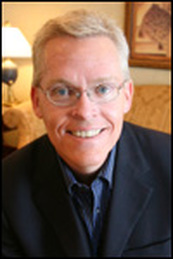 Author Facebook: https://www.facebook.com/joseph.bentz.9 Author Twitter: https://twitter.com/JosephBentz
0 Comments
Leave a Reply. |
Follow meArchives
May 2024
Categories
All
|
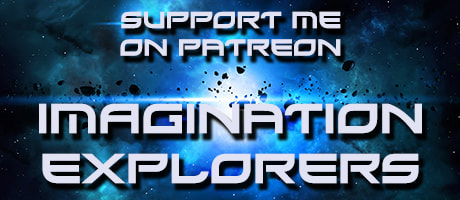
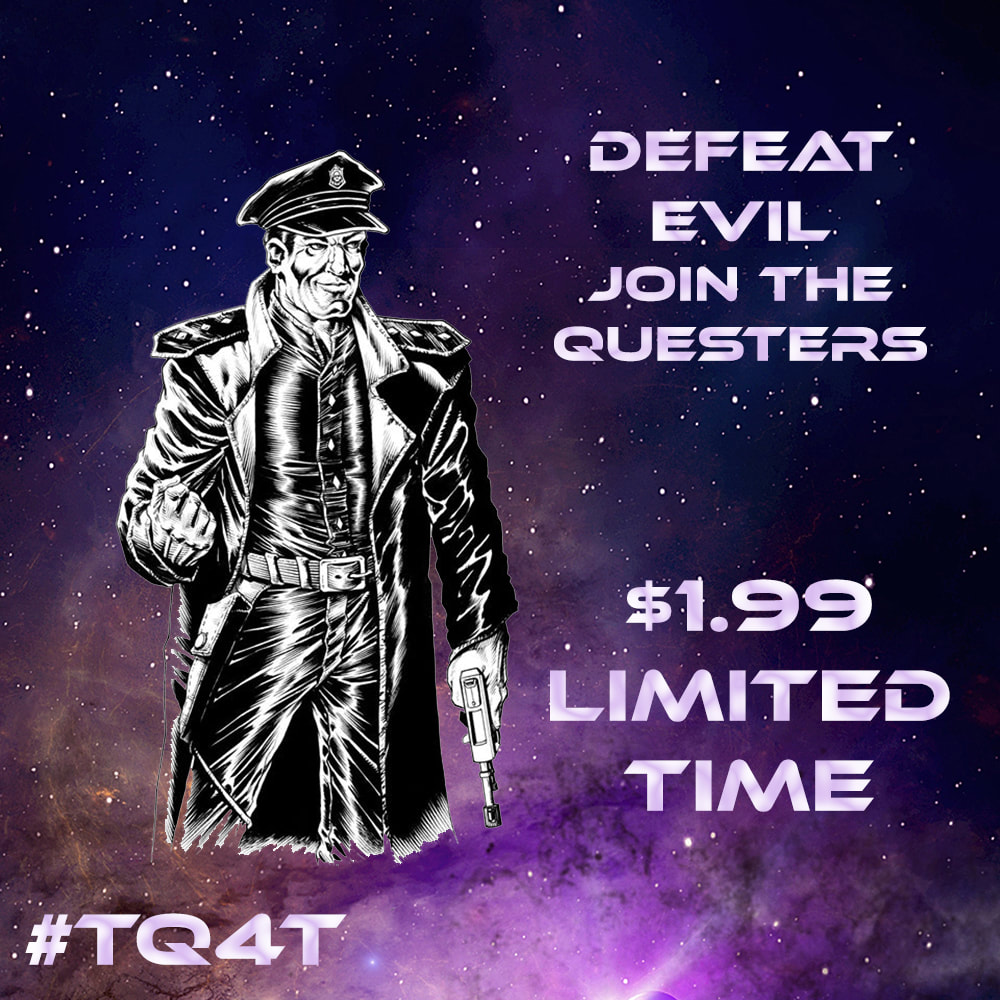
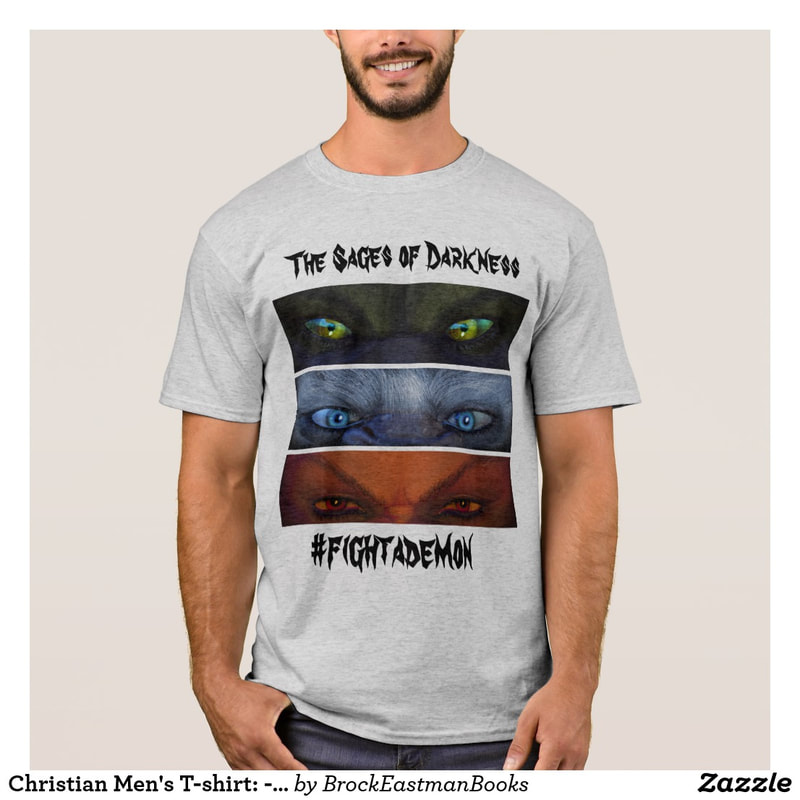

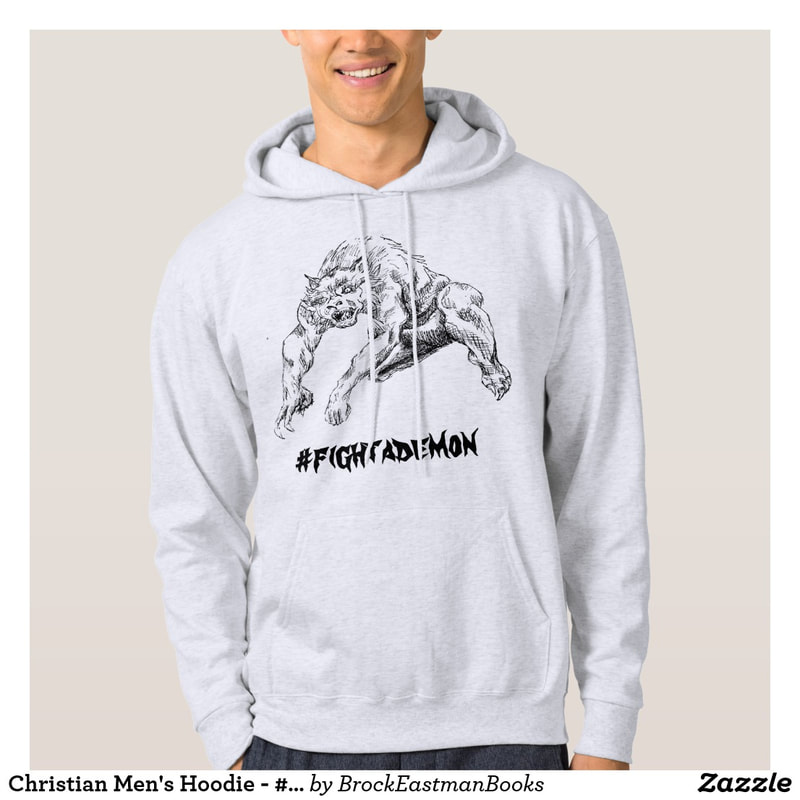

 RSS Feed
RSS Feed